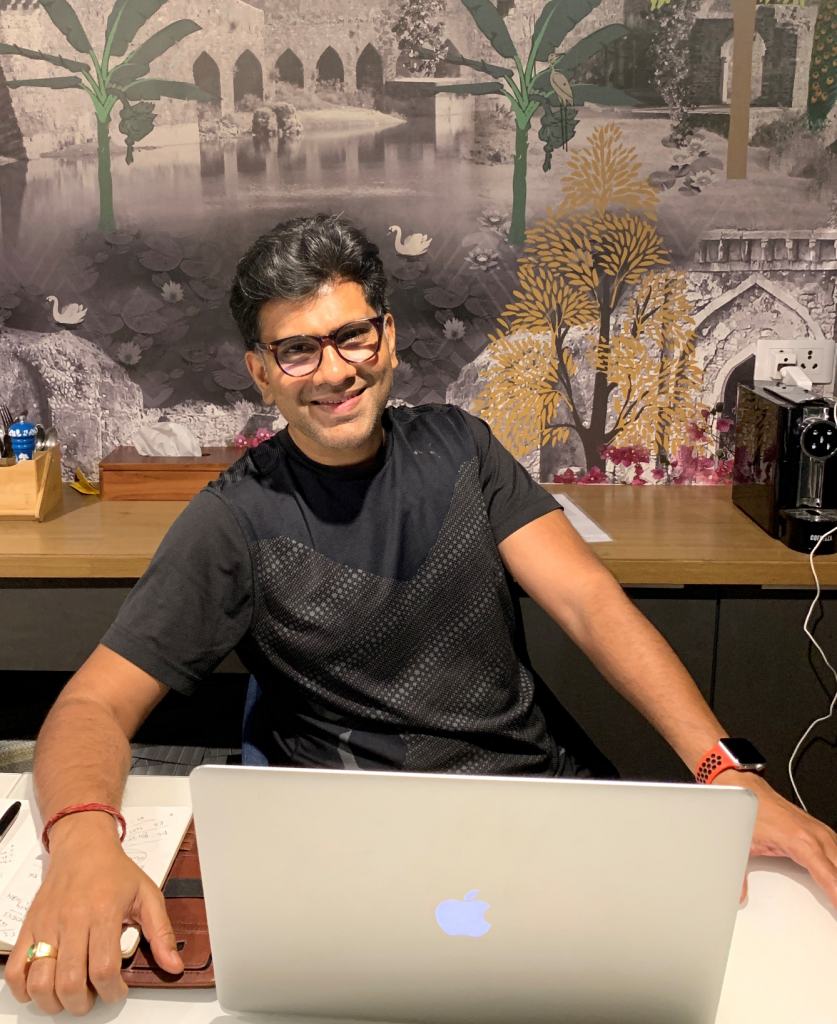The coronavirus crisis is affecting the lives and businesses of many in the global recycling scene. ‘Uncertainty has fogged the minds of people, and doing nothing seems more profitable,’ says Dhawal Shah, director of Mumbai-headquartered scrap metal recycler and trader Metco India.
How are you, Dhawal?
‘Times are tough, to say the least. India has been under total lockdown since the last week of March. Luckily, all of my family, friends and office staff are healthy and safe in their homes. However, the situation remains volatile, as each day new cases are adding up and several areas are identified for containment. We are working from home but, given the current conditions, it’s mainly salvaging and seeing through old contracts.’
How has coronavirus affected your business and operations?
‘There are simply no new transactions happening. There is a total freeze on new business. On top of the losses inflicted by metal prices and currency changes, uncertainty has fogged the minds of people and doing nothing seems to them to be more profitable. As a business owner, you have a moral responsibility to ensure that you do not cut salaries or prune your staff. But our fixed costs and liabilities remain the same. Most of the Indian government initiatives in this period are to ensure that the basic needs of the poor and daily wages are taken care of. However there has been no financial aid for businesses – except some tinkering of time lines towards payment of taxes and loan instalments. The Reserve Bank of India has pushed hard to create liquidity and improve lending by the banks. However, that does not help in containing cash losses.’
How much have non-ferrous scrap imports dropped since the pandemic outbreak?
‘In my opinion, new shipments during March and April are estimated at 15-20% of the average volume. Also note that, because the internal logistics network has come to a standstill, the clearance of containers that were shipped in February and arrived in the second half of March has also been delayed at ports. It is a double whammy for scrap processors as the sorters in their yards have migrated back to their home towns to curtail expenditure, jeopardising capacities for several months.
Assuming that secondary metal producers get themselves back on their feet in next three-to-four months, they will be facing tremendous slack in domestic demand as consumer spending this year contracts to its lowest. So sales of auto, electrical appliances, new houses and so on would see very little traction.’
What have you done to reduce the damage?
‘The first and immediate response was to ensure the safety and wellbeing of everyone close. Our industry is largely driven by imports and one of the biggest concerns was about the increasing costs towards container detention and port demurrage that importers would incur during the lockdown period. So through the Metals Recycling Association of India (MRAI) there was a massive social media campaign – and ultimately we got relief towards these costs until 14 April. Also, through MRAI and other community networks, I participated in several fund-raising initiatives to ensure relief materials for daily wage earners who lost their income during the lockdown period. In addition, we created a dedicated team within our organisation to go through every outstanding contract and do a risk assessment. In the past last couple of weeks we received requests from several customers in India, Europe and the Far East to either delay or cancel orders. This required nerves of steel to minimise damages – and work out solutions.’
What do you expect to be the long-term effect on your business?
‘Resumption of normal life has started to happen in China which gives us hope and a strength to fight. This year looks to be an economic washout, with industrial activity impaired or slowed down in the aftermath of this pandemic. However, I am a great believer of the India story – as well as the future prospects of the global recycling industry. So my expectation is that businesses, including us, will try to cut down costs such as travel, advertisements, conferences or events and play a very baseline game this year. We just need to adjust our speeds.’
What have you learned from the crisis so far?
‘Not being able to order food from my favourite restaurant, take several flights for work, or party with friends over the weekend is certainly disruptive – but not impossible. I think this crisis has allowed me and my family to find the right balance and make better choices in future. After all, for the longest time in memory we have had clear blue skies in Mumbai, are able to breathe clean air and hear the chirping of birds instead of vehicles honking.’
Don't hesitate to contact us to share your input and ideas. Subscribe to the magazine or (free) newsletter.



